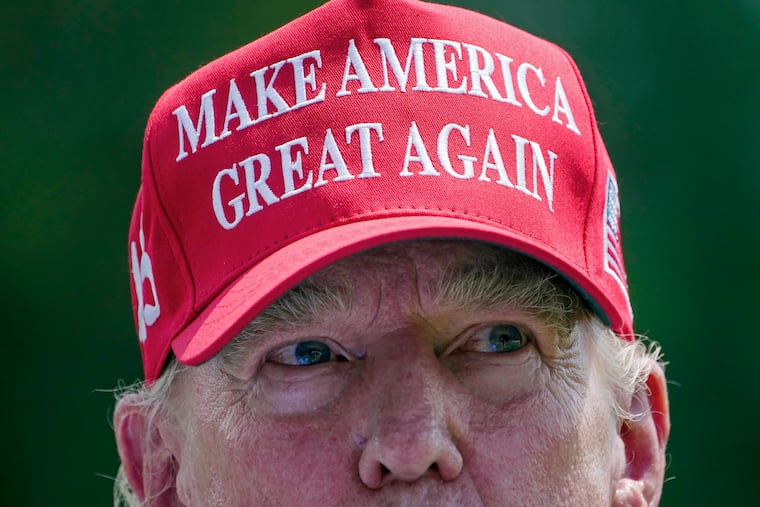Amazon will not display tariff costs next to prices, following criticism from the White House labeling the plan as hostile.
In a recent dispute between Amazon and the White House, the implications of President Donald Trump’s tariffs on consumer goods have come into sharp focus, leaving many consumers uncertain about how forthcoming changes will affect their shopping experiences. Amid heightened concerns over recent tariffs and their potential influence on pricing, Amazon announced its intentions to transparently display tariff-related price increases on its platform. Reports indicate that the e-commerce giant planned to illustrate how much of a product’s cost is attributable to tariffs, particularly in its Amazon Haul section, which consists of budget-friendly items typically priced under .
This announcement elicited a swift response from White House Press Secretary Karoline Leavitt, who labeled Amazon’s actions as a “hostile and political act.” She emphasized the administration’s stance on promoting American-made products as a better alternative for consumers affected by rising costs.
However, Amazon later clarified that the pricing adjustments in question were not aimed at its main marketplace but were instead considerations specific to its Amazon Haul segment. This clarification came in the wake of reports suggesting that several merchants, particularly those selling goods sourced from China, were contemplating pulling back from participation in the upcoming Amazon Prime Day. Such actions were prompted by significant tariffs recently implemented on Chinese imports, which currently sit at a staggering 145%.
Concerns over these tariffs are magnified by other retailers, including Temu and Shein, which have already begun to announce price hikes as a direct result of the new tariffs. The impact on consumer prices creates an uncertain landscape, with some of these retailers now implementing import charges that dramatically increase product costs for U.S. shoppers.
During the briefing, Leavitt further accused Amazon of collaborating with what she described as a “Chinese propaganda arm,” referencing a past partnership between Amazon and the Chinese government, which included efforts to promote certain narratives while censoring others. This contention signals a potential rift between the White House and Amazon’s CEO, Jeff Bezos, who previously garnered support from Trump during his election campaign.
In summary, the ongoing saga surrounding tariffs and their impact on consumer goods illustrates the complex interplay between corporate practices and government policies. As Amazon navigates this terrain, clarity regarding product pricing and availability remains essential for consumers who are increasingly price-sensitive amid economic uncertainties. The outcome of this conflict could have lasting repercussions for both Amazon and its customers in the evolving landscape of online retail.
Media News Source.







